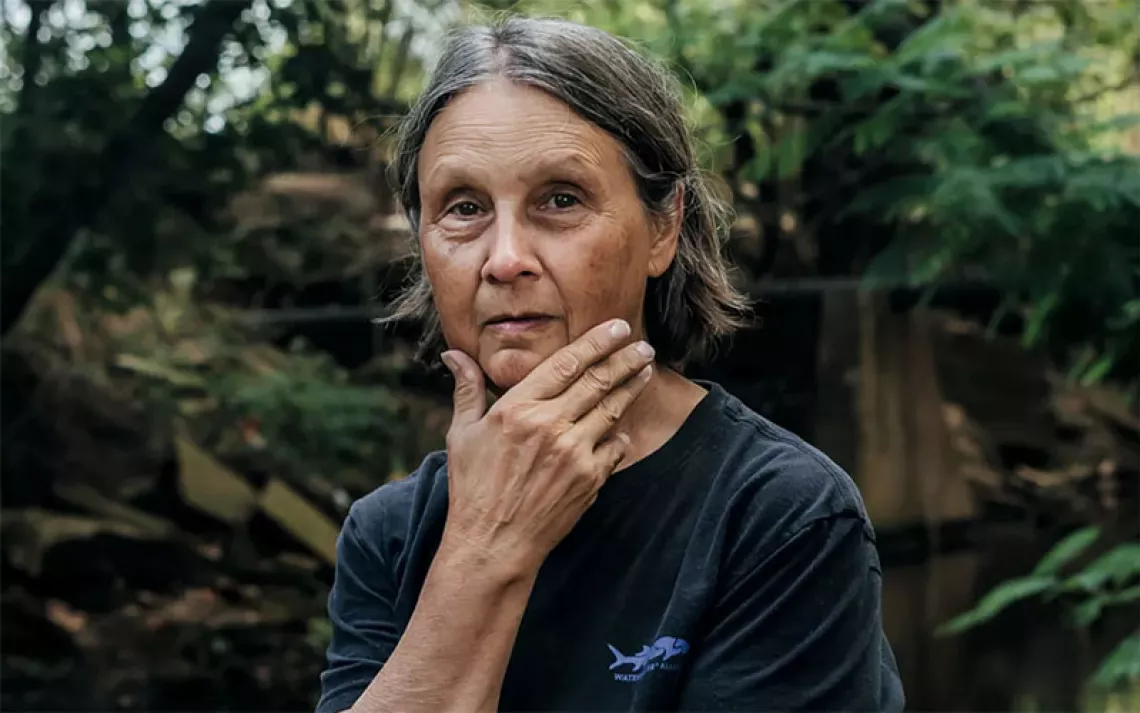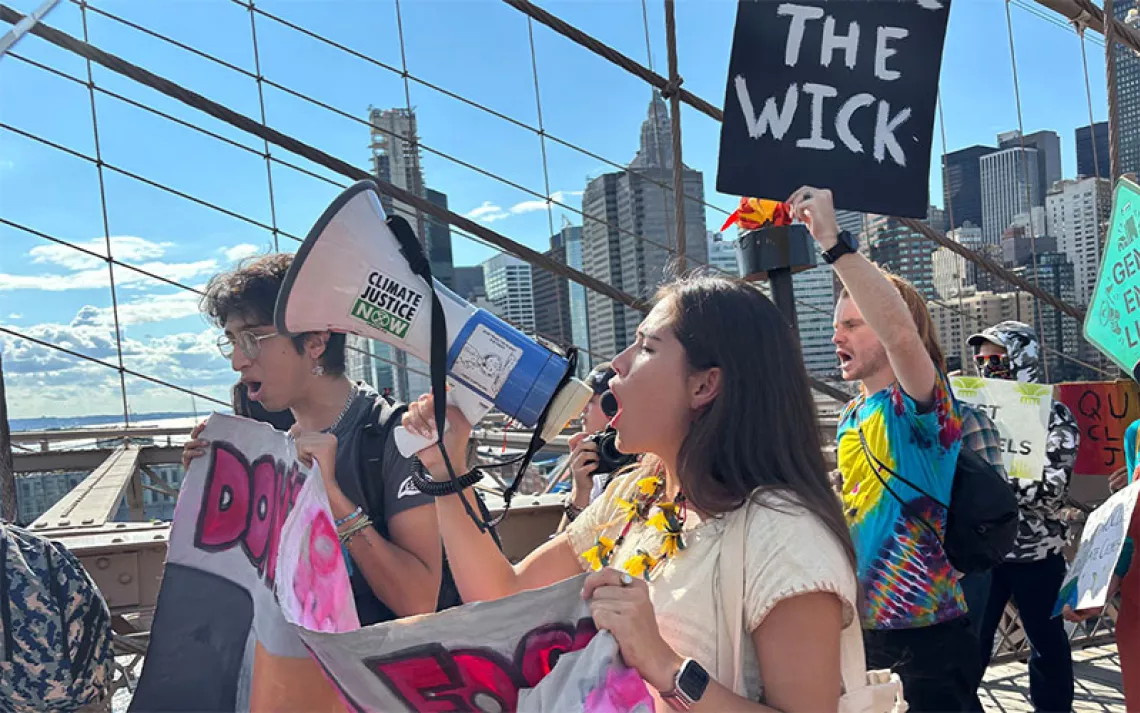Ellen Shively Saves Space for Seals
The Seal Society docent educates beachgoers about the marine mammals

Ellen Shively | Photo by Kendrick Brinson
- Name: Ellen Shively
- Location: San Diego, California
- Contribution: Former San Diego Chapter chair; Seal Society docent
What is the Seal Society?
We are a group of volunteers who work to protect sea lions and harbor seals at two nearby beaches. We talk to visitors about safe distancing. When people see marine mammals on a beach and no authorities around, they want to approach the animals. One of our efforts is to simplify the signs and put them where people will be able to see them better. The group used to be called La Jolla Friends of the Seals and was not affiliated with the Sierra Club, but there was so much collaboration that the San Diego Chapter asked if we'd like to become an official campaign.
How did you first get involved in environmental issues?
I retired from the army in 1989. I started going on hikes with the Sierra Club Outings program and began to appreciate nature. I became an Outings leader, and then around 2000, I became the chapter chair.
Has the Seal Society succeeded in changing people's behavior?
Yes. There was a group at Casa Beach that didn't want any access taken away from them. We were diametrically opposed—one group saying "get away from the seals" and the other group saying "you can stand among the seals; you won't bother them." So around eight years ago, the city council brought it before the California Coastal Commission to arbitrate, and they voted 100 percent in favor of closing the beach for pupping season—so five months for pupping, seven months for human recreational use. It's an elegant compromise.
What's the Seal Society's main focus now?
There's another beach with sea lions on it, so we started to go over there and talk to people. We've testified before the city council's environmental committee and given tours.
Why is this work important?
We share the planet with all kinds of animals, and they have as much of a right to a safe and secure place to live as we do. Our campaign is local, but by showing compassion and tolerance and restraint, I think that it suggests something of our national character. Of what we should be. Of what we can be.
This article appeared in the January/February edition with the headline "On the Beach."
 The Magazine of The Sierra Club
The Magazine of The Sierra Club



